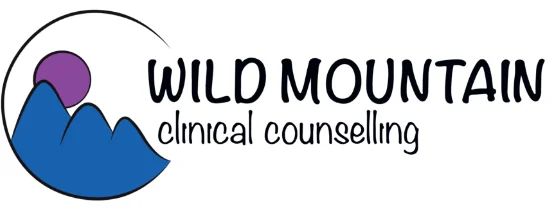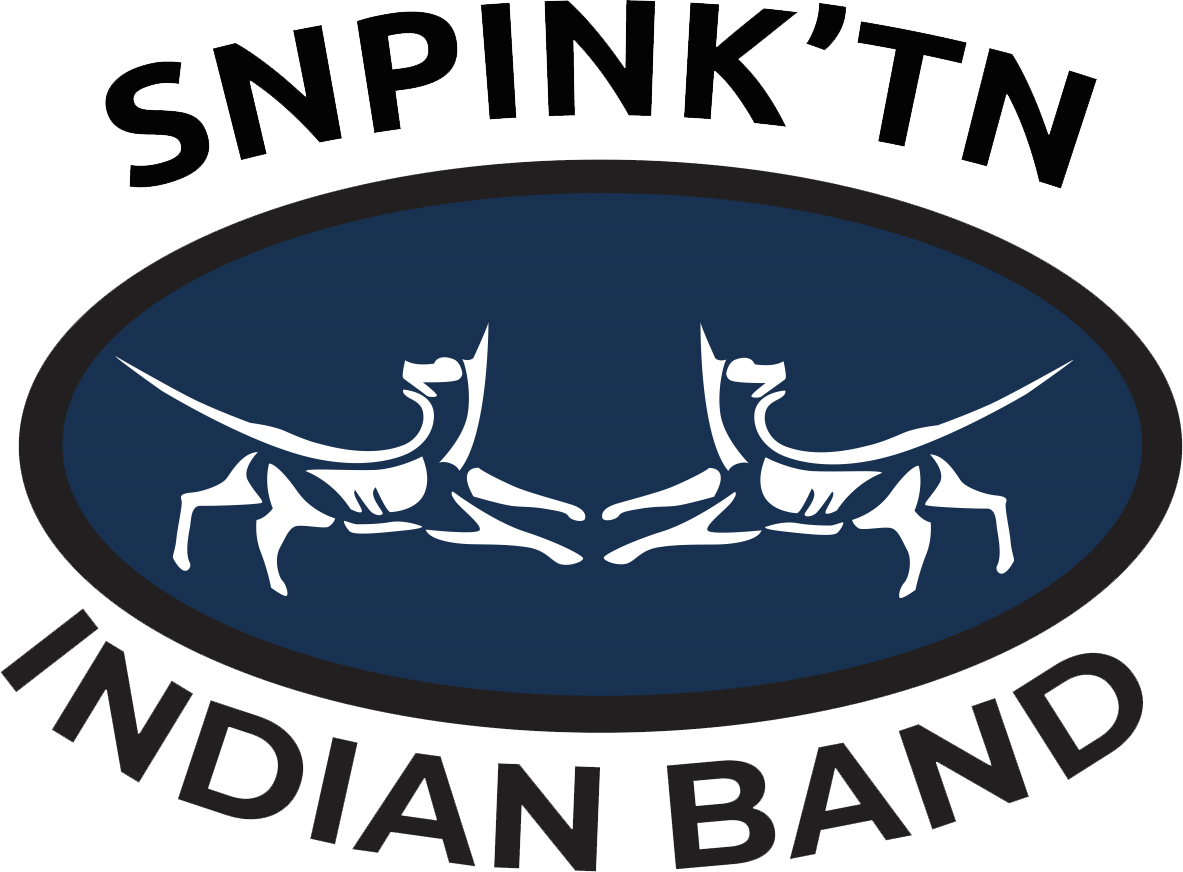At Wild Mountain Clinical Counselling, we often meet couples or partners who arrive feeling exhausted and emotionally worn down. By the time they seek support, they’re not always sure if the relationship can be repaired—or if they even want to try. Communication has broken down, trust feels fragile, and resentment has quietly taken hold. For many, therapy has become the last resort.
And while we wholeheartedly support people at any stage of relationship, we can’t help but wish they’d come in sooner.
Much sooner.
The Myth of “Too Early” in Relationship Counselling
There’s a common misconception that relationship counselling is only for those in deep distress. The truth? Some of the most successful outcomes we see come from people who seek support early—before their challenges become entrenched patterns.
Counselling isn’t just for moments of crisis — it’s a valuable tool for growth, connection, and prevention. Just like regular health check-ups, therapy can help you tune into small issues early, before they grow into deeper disconnection or pain
Waiting Can Lead to Irreversible Damage
You wouldn’t wait until your car breaks down on the highway to get it serviced—so why wait until your relationship feels unmanageable to seek support?
Here’s how early or ongoing counselling can benefit couples, polycules, and other relationship structures:
1. Improves Communication
Whether it’s two people or more, every relationship benefits from clearer, more compassionate communication. Counselling helps you listen and speak with intention.
2. Clarifies Expectations and Boundaries
This is especially important in non-monogamous relationships, where needs, agreements, and boundaries may differ between partnerships. Therapy can help bring alignment and reduce confusion or hurt.
3. Strengthens Emotional Connection
Even if things seem “fine,” therapy can help you reconnect on a deeper level—rebuilding intimacy and closeness that may have faded over time.
4. Navigates Change with More Resilience
From parenthood to career changes to new partners entering a dynamic, counselling helps you face life’s transitions with greater trust and understanding.
5. Creates a Safe Space for Vulnerability
Some conversations are hard to have on your own. Therapy offers a neutral space where all partners can be heard without judgment.
Signs It Might Be Time (Even If Things Aren’t “Bad”)
If you’re wondering whether counselling is “necessary” yet, consider these signs:
· Recurring conflicts or misunderstandings
· One or more people feeling unseen or unheard
· Emotional or physical distance increasing
· Tension around boundaries, time management, or jealousy
· Desire to improve communication or navigate change together
· Preparing for big steps—moving in, blending families, opening up
· Simply wanting to feel closer and more connected
Don’t Wait for the Fire—Strengthen the Foundation Now
Healthy relationships don’t just happen—they’re built and maintained through intention, communication, and support. Relationship counselling isn’t about waiting for something to go wrong—it’s about choosing to nurture what’s already right.
At Wild Mountain Clinical Counselling, we welcome all relationship styles, and we’re here to help you create more clarity, connection, and care—no matter what your dynamic looks like.
Because the strongest relationships aren’t perfect—they’re supported.







